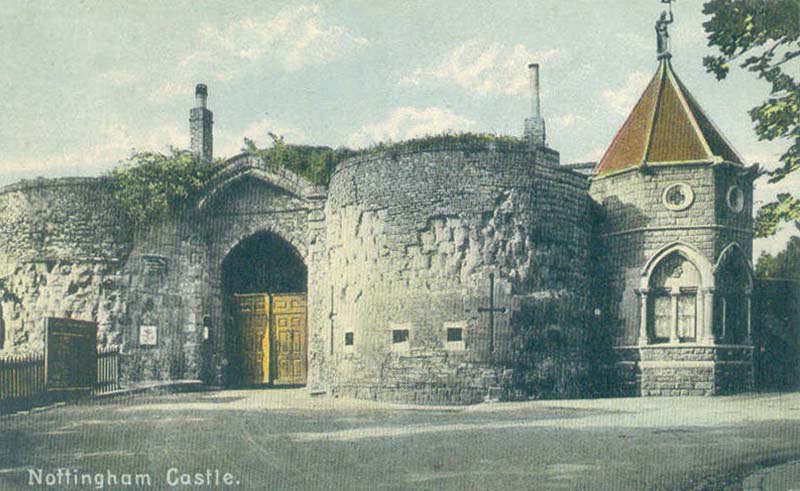About Us
Castle Rock was established in 1984 to apply the benefits of advanced technologies to transportation. The company's public and private sector client base extends throughout North America, Europe, and Asia. Our experience includes all areas of advanced technology applications within the transportation environment, including ITS research, planning, deployment and evaluation.
Castle Rock has been a pioneer in the field of Intelligent Transportation Systems from the start. In our early years we developed innovative, first-generation systems that now form the basis of ITS worldwide. From HELP commercial vehicle operations on I-5 and I-10 between Texas and British Columbia, to Smart Tag electronic toll collection in Virginia, or the CARS multi-state traffic event browser, Castle Rock is at the leading edge of ITS system developments.
The success of these systems and the later application of these ideas throughout North America is a testament to our ability to develop innovative solutions to everyday transportation problems. We have built our reputation on the quality of our work. We expect to provide superior services and deliverables that more than satisfy the needs of our clients.
With the addition of Castle Rock Services in 1995, we first diversified into ITS operations. CRS operates electronic toll collection, travel and tourism information, and road weather prediction systems. This hands-on experience gives Castle Rock a unique chance to share our working knowledge with you. We sincerely hope that you consider Castle Rock to assist you in the development and deployment of technologies that will help shape the future of your region and the world.
Why Castle Rock?

I wonder how many times have we've been asked if the group started in Castle Rock, Colorado? Or, Castle Rock, Washington? Or Castle Rock, Arizona? It turns out there is a 'Castle Rock' in most western U.S. states, as well as under various British castles such as the one in Edinburgh, Scotland, and who knows where else.
Our Castle Rock name comes from Castle Rock, Nottingham. Yes, that's the castle the Sheriff of Nottingham used to live by, so Robin Hood could swing down from the castle walls to rescue fair damsels. It's a real castle dating from the time of William the Conqueror (the year 1068). Built into the rock is the "Ye Olde Trip to Jerusalem Inn," a pub (still serving, since 1180) where knights assembled to go fight for the Holy Land. I was gazing out the window one day at the University, and thought it sounded solid, reliable and long-established. CRC had a nice ring to it as well, with vague computing overtones; so there it was!
-Peter Davies
Company History

Castle Rock was founded in 1984 on the campus of the University of Nottingham, England. Corporate founder Peter Davies was Reader in Transportation Engineering and Director of the University of Nottingham's Transportation Research Group. Castle Rock Consultants (CRC) started as an offshoot of this Research Group, at first owned jointly by the University and key CRC staff members.
During the 1970s, the University Group had become a leader in the then-new field of microprocessor traffic monitoring: using portable, roadside electronics to count, classify, weigh, and measure vehicle speeds automatically. Major sponsors included the UK government's Transport and Road Research Laboratory (TRRL) and private industry. In 1981, Dr. Davies developed a portable weigh-in-motion (WIM) system for Arizona DOT which was demonstrated on I-10 between Phoenix and Tucson. The resulting interest led to significant FHWA funding for further work by the University Research Group.
Castle Rock's first contract was the 1984 Heavy Vehicle Electronic License Plate (HELP) system Feasibility Study, jointly funded by Arizona, Oregon and FHWA. This initial work provided the foundation for the $25M HELP Program/Crescent Project, a 10-year initiative that came to involve over 20 states. HELP/Crescent gave direction to Commercial Vehicle areas of the U.S. National ITS Program of the 1990s. The HELP pool-fund study retained CRC each year as program management consultant, and many of its states remain key CRC clients to this day.
